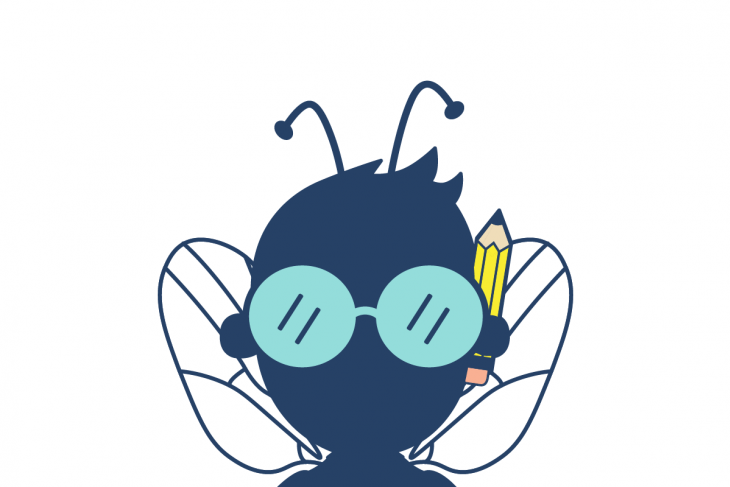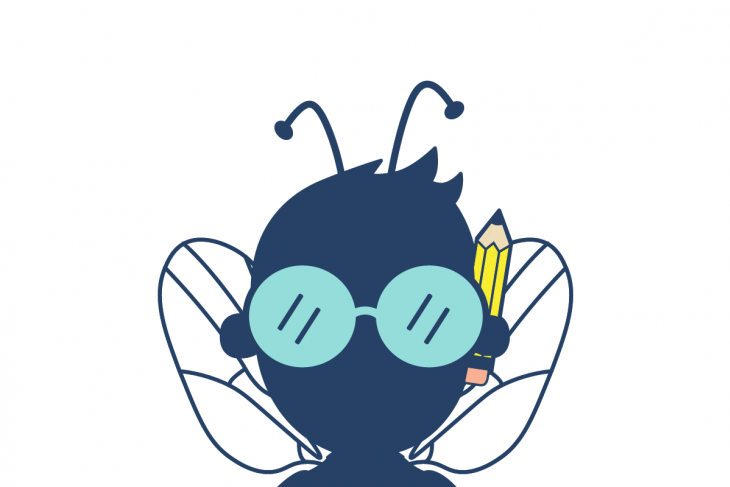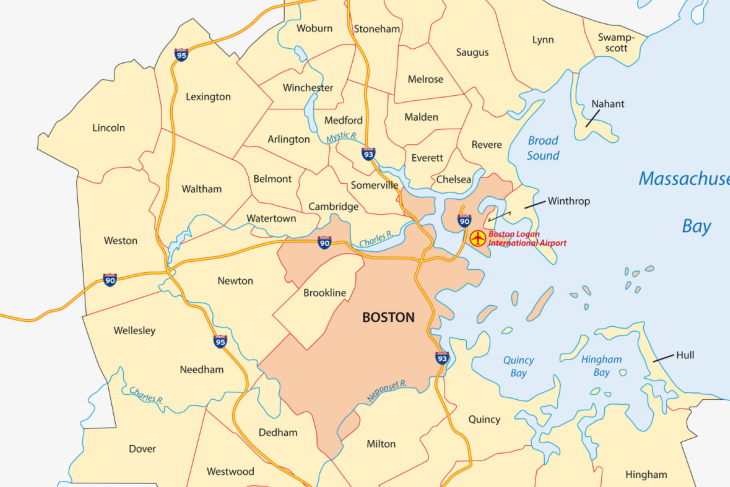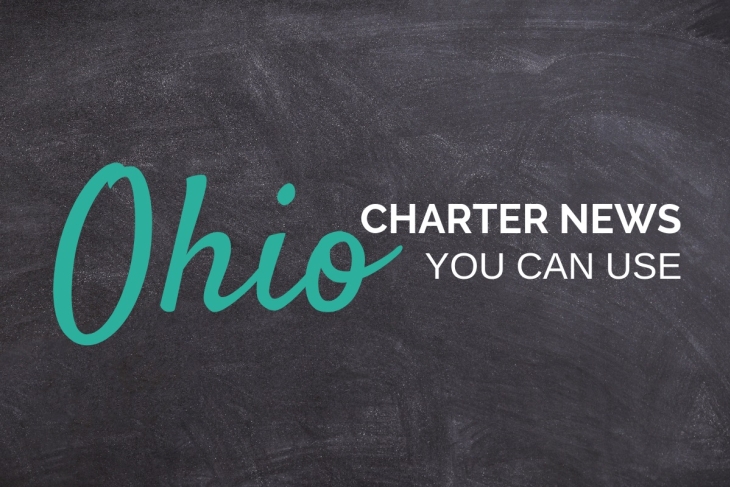We’ve been polling district finance leaders about their biggest concern in this moment, and the most common answer is financial problems down the road. A RAND survey recently uncovered the same fiscal unease: District leaders are worried about the fiscal cliff when the federal relief aid runs out in a few years.
There’s good reason to worry. We’ve seen this playbook before. Federal aid brings needed relief to districts, but when it’s gone, districts must then transition back to spending less. If history is any guide whatsoever, it tells us—or rather, screams at us—that school districts have a helluva time reducing spending when revenues shrink from one year to the next.
If I’m sounding strident, it may be because I’ve been writing about how difficult it is for districts to reduce spending since 2006. It doesn’t seem to matter why funding drops—be it a result of steady enrollment decline, the arrival of a new more equitable state funding formula, a local levy failure, or in this case, when federal relief funding inevitably ends—a reduction of even 1 percent of funds wreaks fiscal havoc on most districts. The reduction forces a disruptive cycle of decisions where new programs get scrapped, layoff notices incite fury, key positions remain unfilled, deserving staff forgo needed raises, and district leaders find themselves focusing on little other than budget cuts.
This time we can see it coming, and even so, some of the pain will be self-induced.
In other words, some district leaders are right now making choices that will exacerbate the very fiscal cliff they’re worried about. They’re making financial commitments that are all but guaranteed to bring financial mayhem in two years or so.
At the most basic level, there’s the mismatch of choosing to use one-time federal money to buy things that commit the district to spend money beyond this year and next. Case in point: using temporary funds to hire a slew of new employees, most with an expectation of continued employment, steady salary raises, and future retirement benefits. Handing out pink slips is always hard, but it can derail even the most savvy leaders when layoff practices (often enshrined in contracts) disproportionately hurt students with the greatest needs or infuriate communities for being capricious (e.g., when a layoff decision hinges on the last digit in one’s social security number). Many districts are indeed using the federal relief funds to expand labor rolls, as evidenced by the largest jobs hiring figures we’ve seen in decades.
Another problematic commitment comes in the form of outsized increases in pay scales. For leaders accustomed to constrained finances, the federal relief dollars can create a cash-a-plenty mindset where leaders agree to salary schedule raises that translate to new permanent commitments and look to holiday bonuses or generous retirement giveaways that, if enacted, could raise labor expectations for similar payments going forward.
Beyond labor commitments, some districts are tapping technologies that require annual fees or outlays for upkeep, or expanding facilities in ways that will increase custodial or utility costs, without penciling out a plan for when relief funds end.
In many districts, the fiscal cliff will be compounded by declining student enrollment. Some declines may be a result of the pandemic (public school enrollment fell last year by 3 percent); others were in place well before Covid-19. Since district revenue is generally tied to numbers of students, fewer kids will eventually mean fewer dollars down the road.
At that point, districts will be left with less revenue (with federal recovery aid ending and possibly lower enrollment) alongside more recurring spending obligations the district took on with the temporary federal money. Rather than work to downsize the district’s operations, some have used the federal funds to maintain services for students who will never return.
So, less revenue and more costs. Behold the fiscal cliff.
There are options beyond handwringing
Many leaders feel an urgency to make dollars count for students sooner rather than later. And to be sure, students face critical needs today, which the federal funding is supposed to help schools address. Beefed up mental health supports and well-designed tutoring programs, for example, can help kids get back on track.
But spending quickly needn’t mean spending in a way that risks financial insolvency. In fact, there are other district leaders proactively making choices intended to both deploy resources now and at the same time keep their districts financially healthy and stable over the long haul. These choices will spare their students from the disruption of a fiscal cliff.
The most important rule-of-thumb involves recurring costs. Districts should avoid adding new ones. Where districts need more labor, such as in the form of additional mental health staff or tutors, they can use stipends and contracts, which can work as one-time expenses without long-term obligations. Districts with a specific labor shortage (say, special education teachers) can pay targeted bonuses, hiring incentives, moving costs, and the like to attract just the needed staff instead of raising base pay systemwide.
To accommodate enrollment shifts, districts could work now to link their allocations more directly to each school’s student count by introducing or enhancing weighted student formulas. Chicago and New York City districts let each school’s budget automatically expand and contract with enrollment shifts—and, therefore, with revenues. Doing so enables school leaders to make customized choices to make adjustments over time, nipping and tucking as needed or redesigning roles amid staff attrition to minimize impact on their students.
District leaders may know the math, but politics and pressure can rule
In our work with districts, we see a disconnect between the finance side and the political governance side. The finance leaders may know the math, but other district leaders, as well as the elected school boards who pass the budgets, are under pressure from many constituencies to overcommit—without necessarily understanding long-term implications of those spending commitments.
Toward this end it’s imperative that finance leaders spell it out. In St. Paul, Minnesota, the superintendent says “it’s about managing expectations.” That’s good advice when some school board members themselves admit they don’t have the training needed to recognize what spending decisions made today mean for future finances. Leaders in Bozeman, Montana, did just this when they warned publicly about financial insolvency when federal aid disappears. The Oregon state education agency helps ensure that deliberation happens by calling on all districts to develop and publicly report a multi-year spending plan.
Fiscal cliffs are hard on district staff who have to deal with the blowback from their communities when budget cuts start flying. But the bigger issue is that these decisions are even more consequential for students as classrooms and teachers are shuffled, schools are destabilized, staff are frustrated, and leaders focus on nothing else. Let’s hope that district leaders’ worry about the fiscal cliff translates into action—before they find themselves teetering over the edge.









